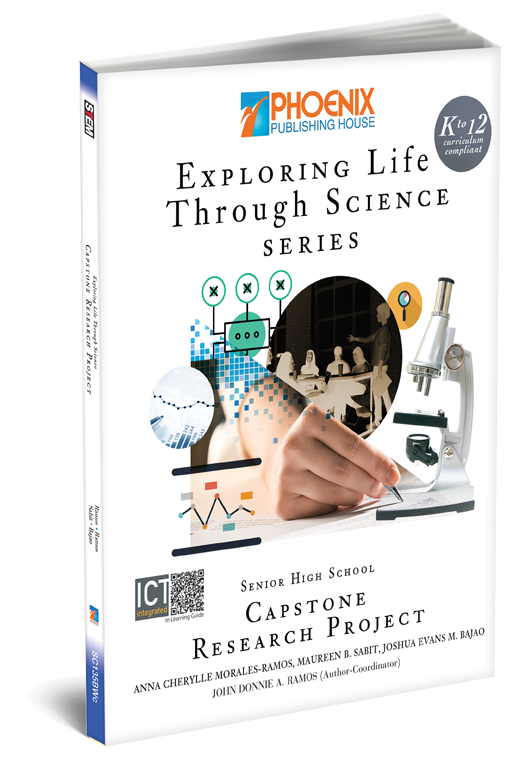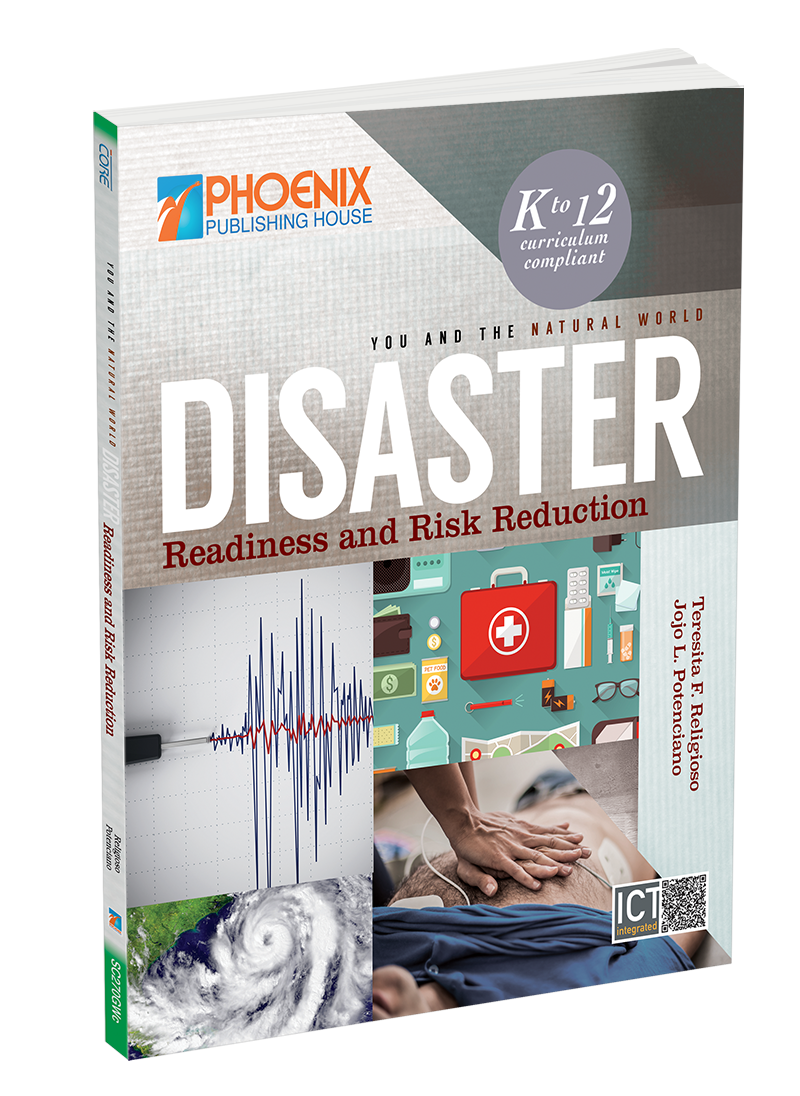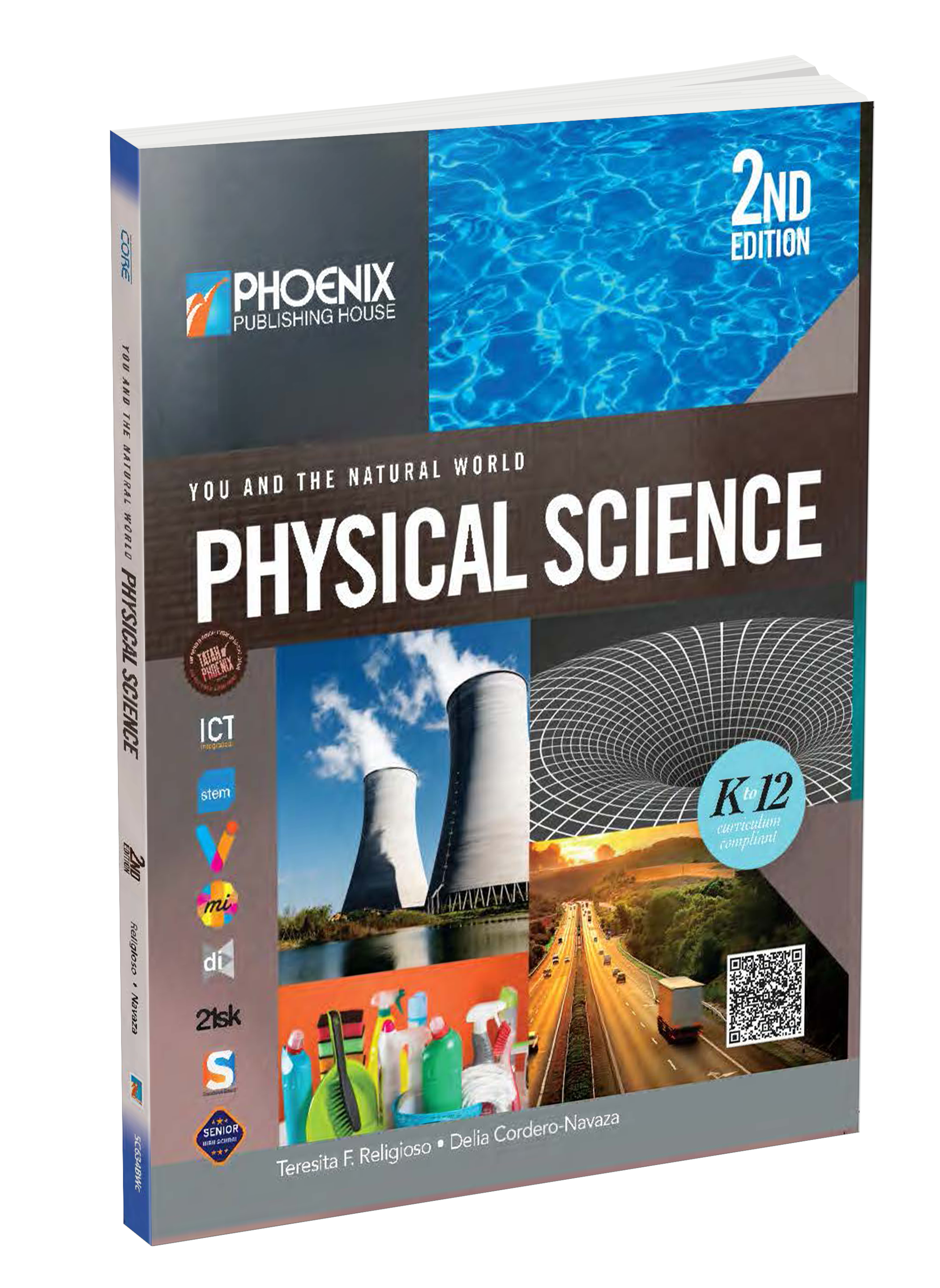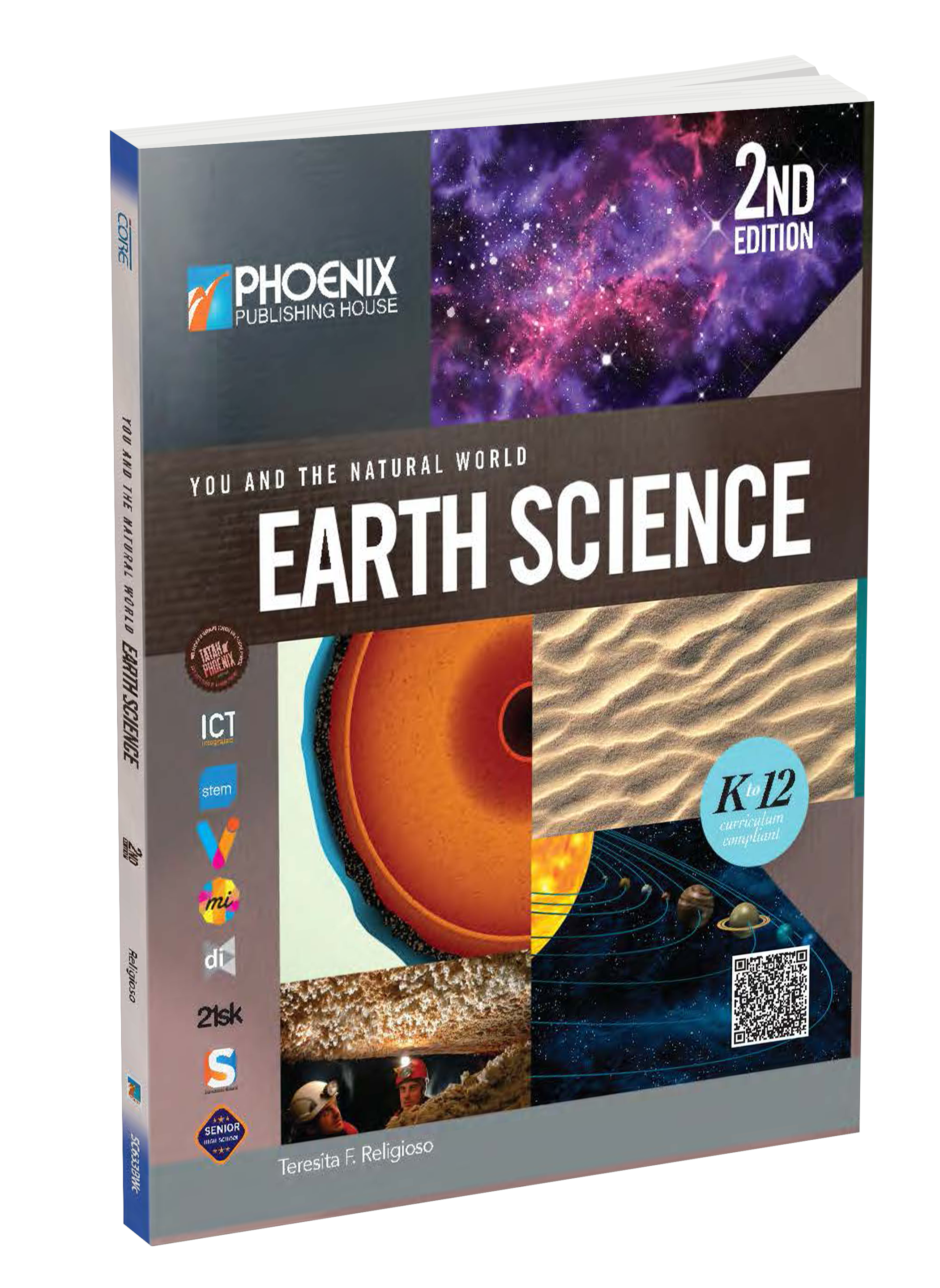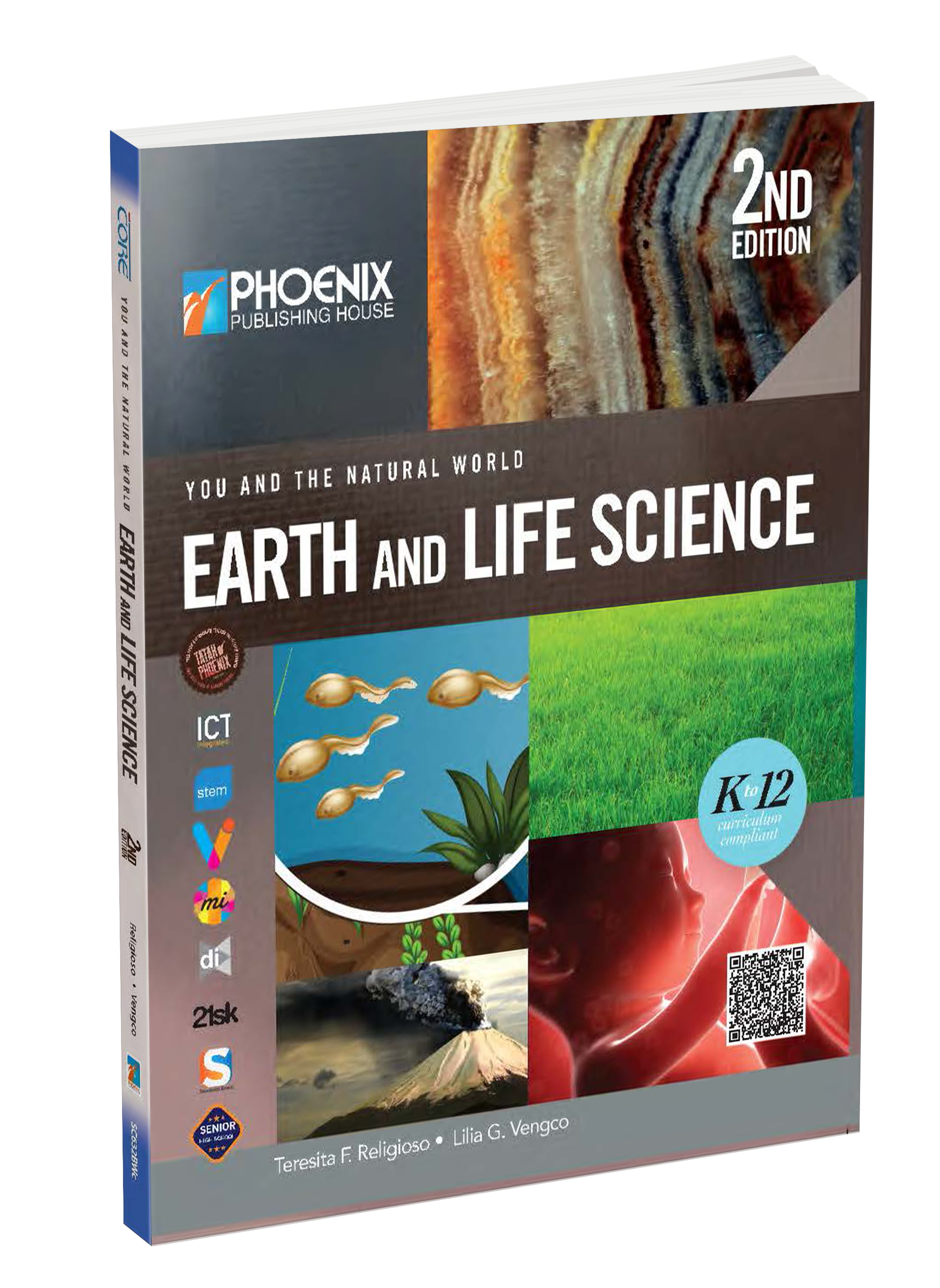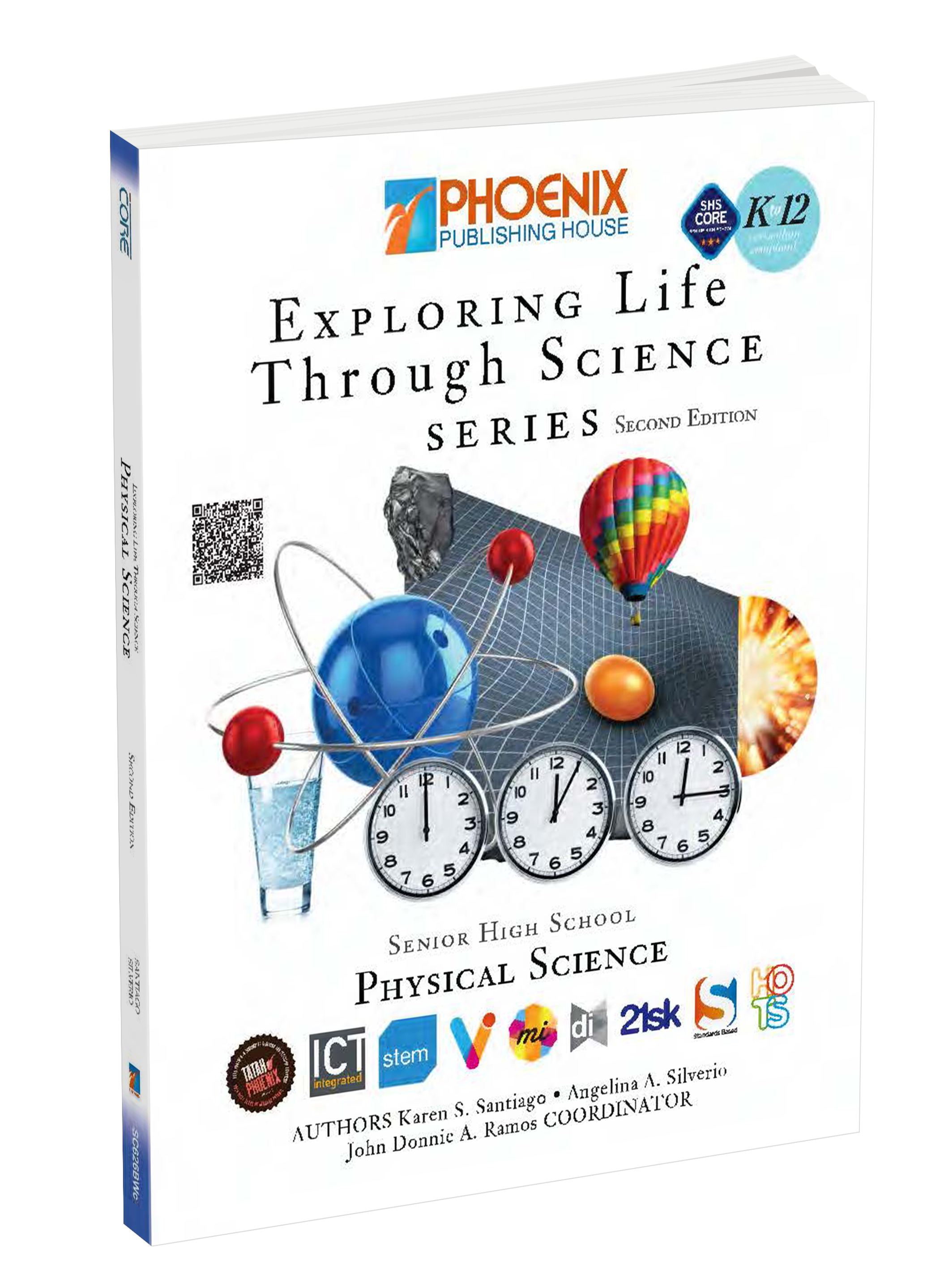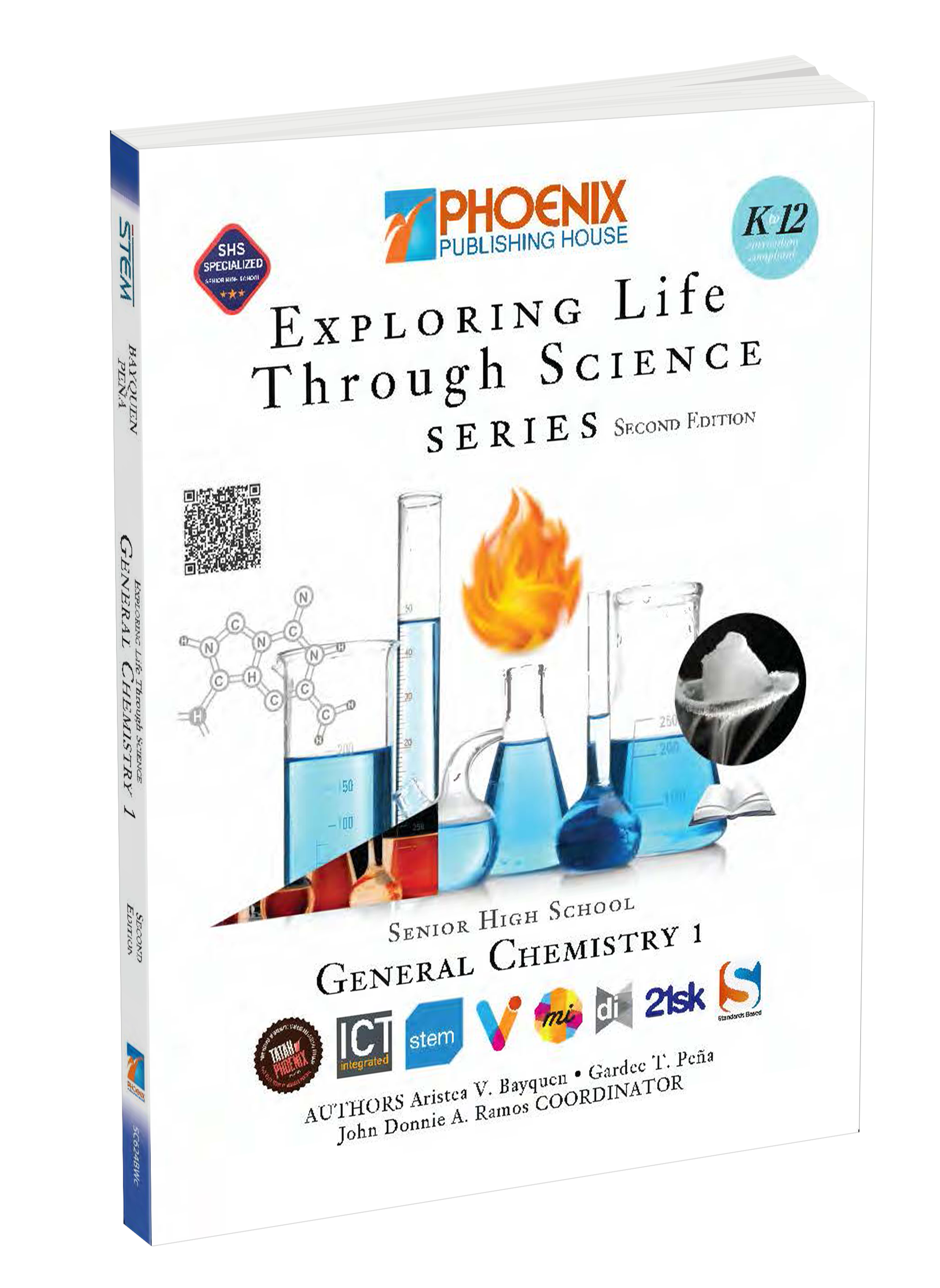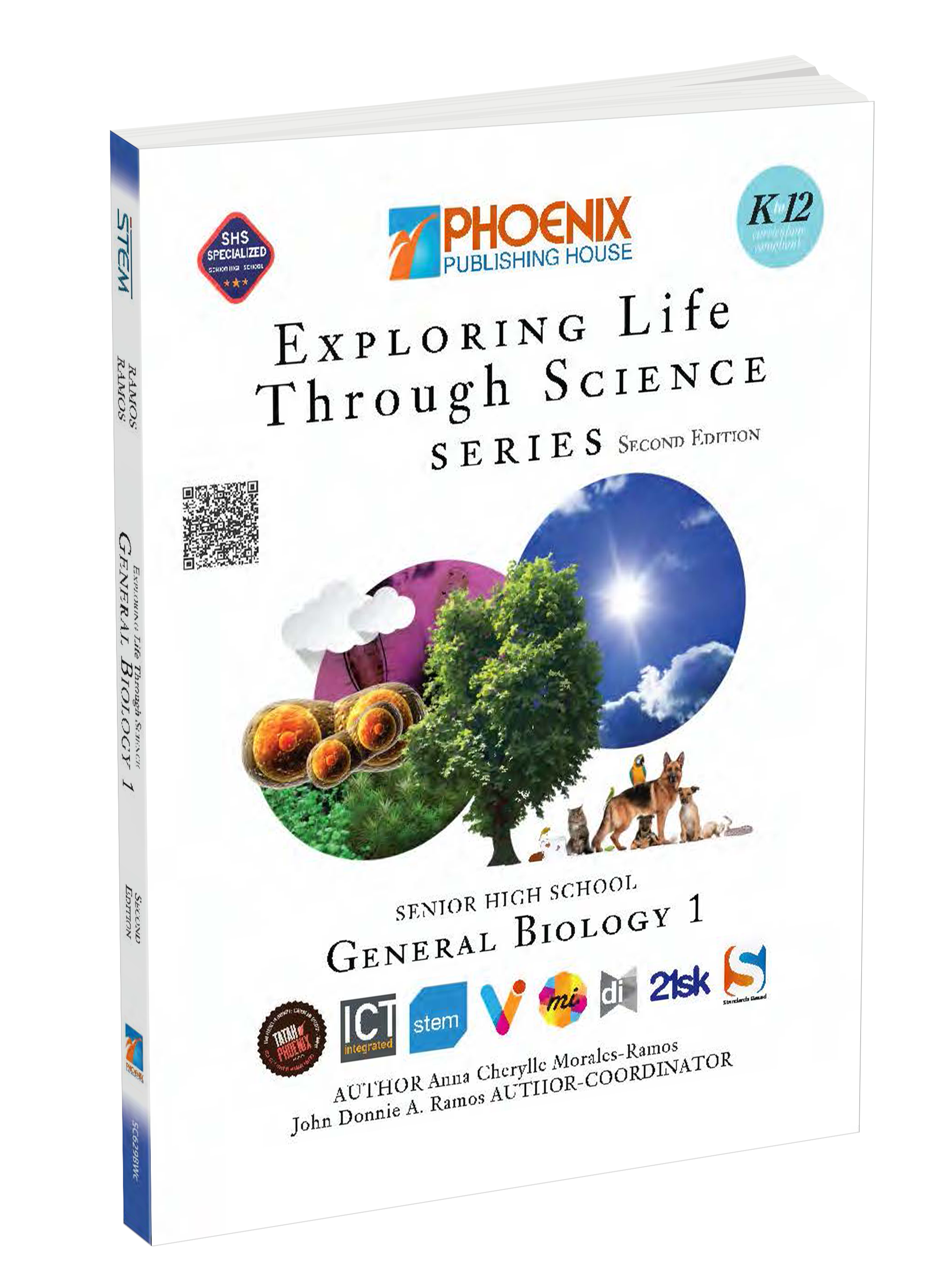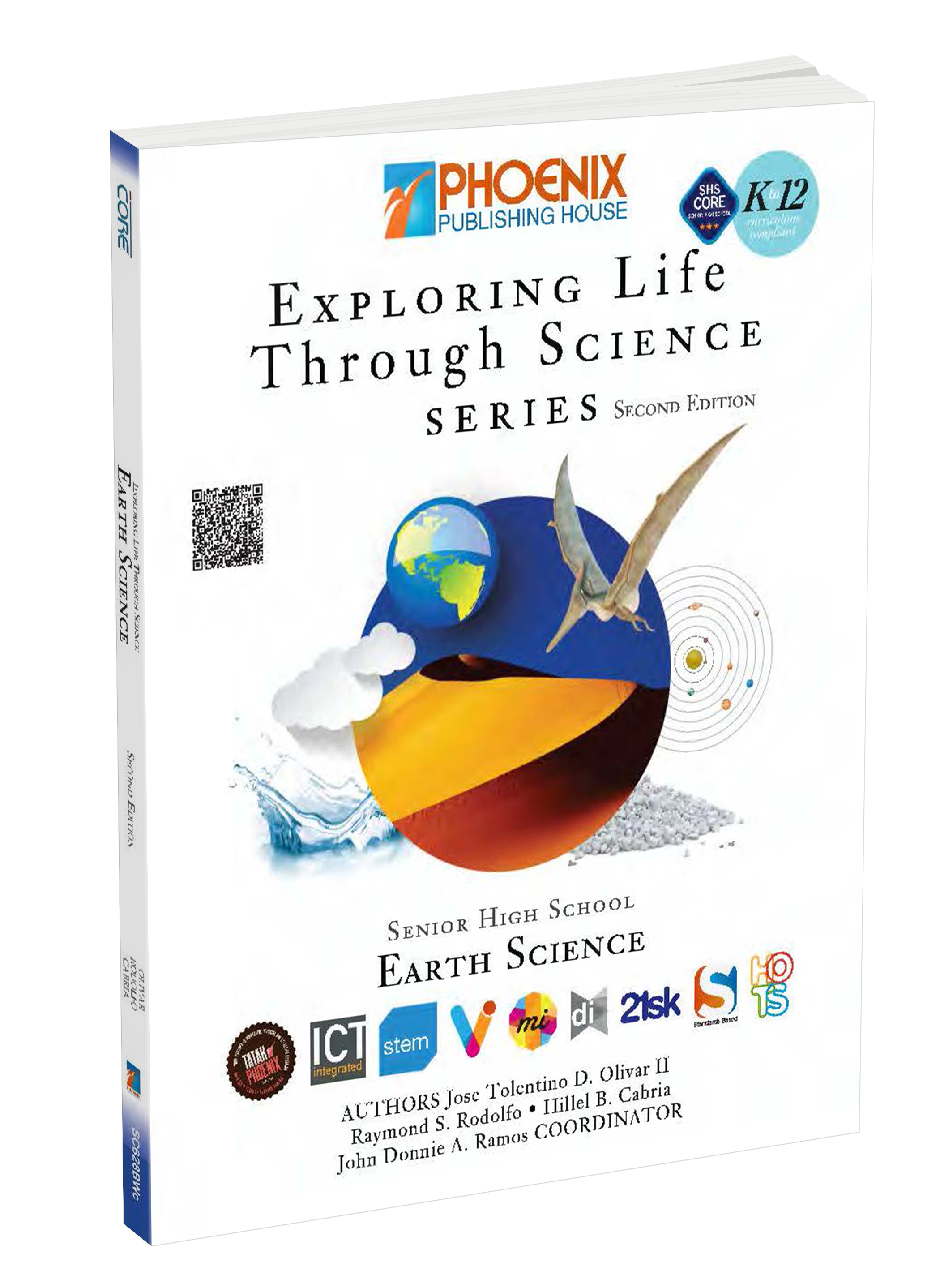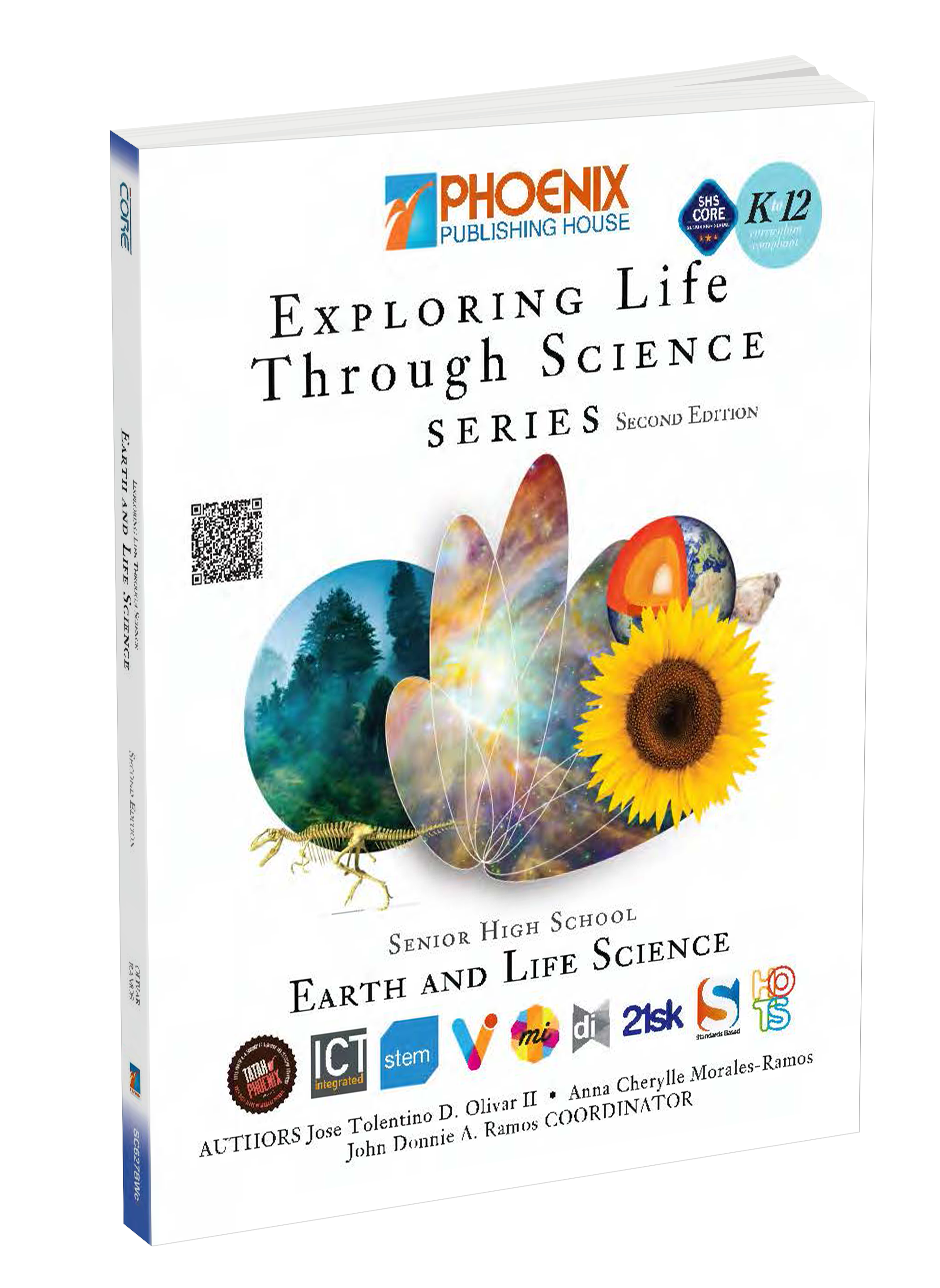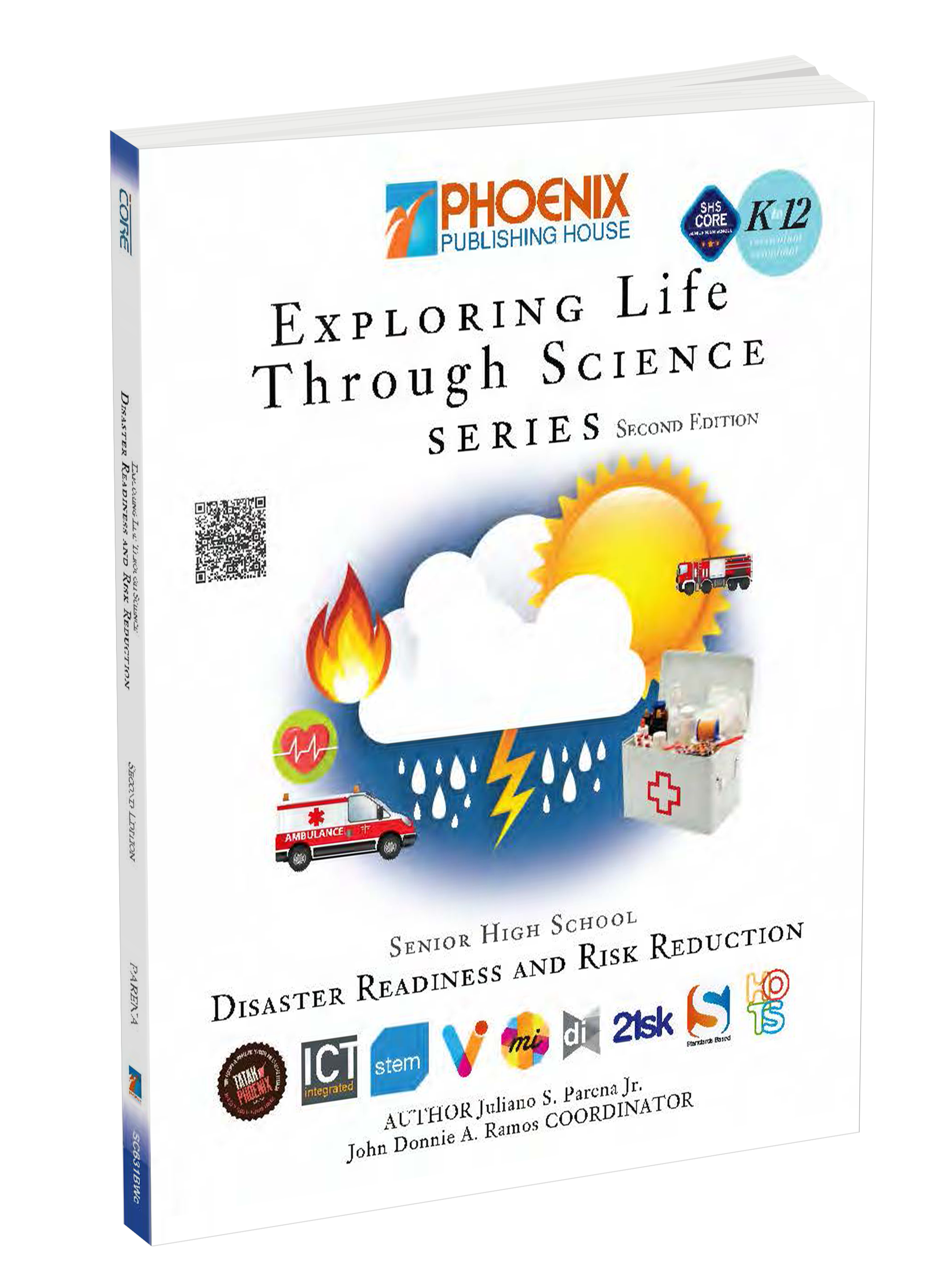Exploring Life Through Science: Captsone
Exploring Life Through Science Capstone Research Project is a comprehensive learning resource for senior high school students covering the appropriate steps to conduct investigations about the different topics of interest emerging from the students’ individualized program of study.
Aligned with the Department of Education’s K to 12 Curriculum Guide, the worktext provides students opportunities to demonstrate the knowledge and skills gained in either discoverybased or inquiry-based investigations.
Complete with clear procedures, practice exercises, real-world examples, take-home tasks, and research outputs, the book enables students to use their prior learning and experience to draw conclusions as basis for further investigations, to apply scientific principles for intellectual growth, and to provide solutions to societal problems.
One of the unique features of ELTS: Capstone Research Project is the CRP Sample Box, which presents the different sections of an actual research project as they are discussed in their respective chapters.
By providing the students with an ideal example presented in this feature, they will have a clear understanding of how the different sections of the research project are written, and will be guided on writing their own research report.
Highlights
Environmental responsibility
Interdisciplinary and world-class science
Innovative and practical science and technology
Filipino pride and culture
Author/s
Anna Cherylle Morales-Ramos, Maureen B. Sabit, Joshua Evans M. Bajao, John Donnie A. Ramos (Author-Coordinator)
Level/s
Senior High
Copyright
WT – 2023, LG – 2023
Learning Objectives – summarizes expected learning of the students aligned with DepEd’s learning competencies
Values – summarizes expected values to be developed in students
A Closer Look – introduces real-life scenarios and asks teaser questions to jumpstart chapter discussions
Prior Knowledge Check – assesses initial knowledge and misconception of students
Concepts in a Box – presents the relationship of the concepts through a concept map
Love of Lab – school- and home-based activities used for discovery learning
Pause, Think, Recall – assesses the progress of students during the learning experience
Practical Science – gives examples of applications of science concepts in everyday life
Sample Problems – problems with solutions that guide the students through the solving process
Chapter Recap – recapitulates major concepts learned
A Closer Look Explained – explains the science behind a teaser question in the “A Closer Look”
Test Yourself – assesses the learning of the students after the learning experience by testing their analytical and comprehension skills
World of Wonders in the Web – expands classroom learning through curriculum-based online resources
Additional Learning Resources – provides additional resources supplementary to the presented concepts
Content Enrichment Features:
Proudly Filipino – highlights outstanding Filipino scientists to inspire students
My Future in Science – features careers in the sciences to help evaluate student inclinations and potential
Practical Science – gives applications of science in everyday life
Sci Bit – supplements learning through information of human interest
Pillar of Science – features pioneer scientists in the different fields of science
Science Patrol – highlights breaking news in the sciences
Science Connections – focuses on a multidisciplinary scientific approach to solve human problems
Function Icons:
Information and Communications Technology (ICT) – emphasizes ICT-related contents and activities
Multiple Intelligences – identifies the different learning styles involved in the activities and assessments
21st Century Skills – activities that promote the development of twenty-first century skills such as learning, literacy, and life skills
Learning Skills (LE): (1) critical thinking, (2) creativity, (3) collaboration, (4) communication
Literacy Skills (LE): (1) information, (2) media, (3) technology
Life Skills (LE): (1) flexibility, (2) leadership, (3) initiative, (4) productivity, (5) social skills
Differentiated Instruction – emphasizes activities that address a wide range of learning needs, abilities, and interests of students
STEM – hands-on problem-based inquiry and exploration activities that challenge students to find solutions to real-world issues and problems as they are guided by the design thinking process
Higher-Order Thinking Skills (HOTS) – develops higher-order thinking skills through learning activities and assessments
Values Integration (VI) – Transforms students into responsible members of the family and society
Quick Response (QR) Code – provides suggested resources as additional learning materials
Components:
Worktext (WT)
Learning Guide (TWE)
Blended Resources Learning Portal (BLRP)
